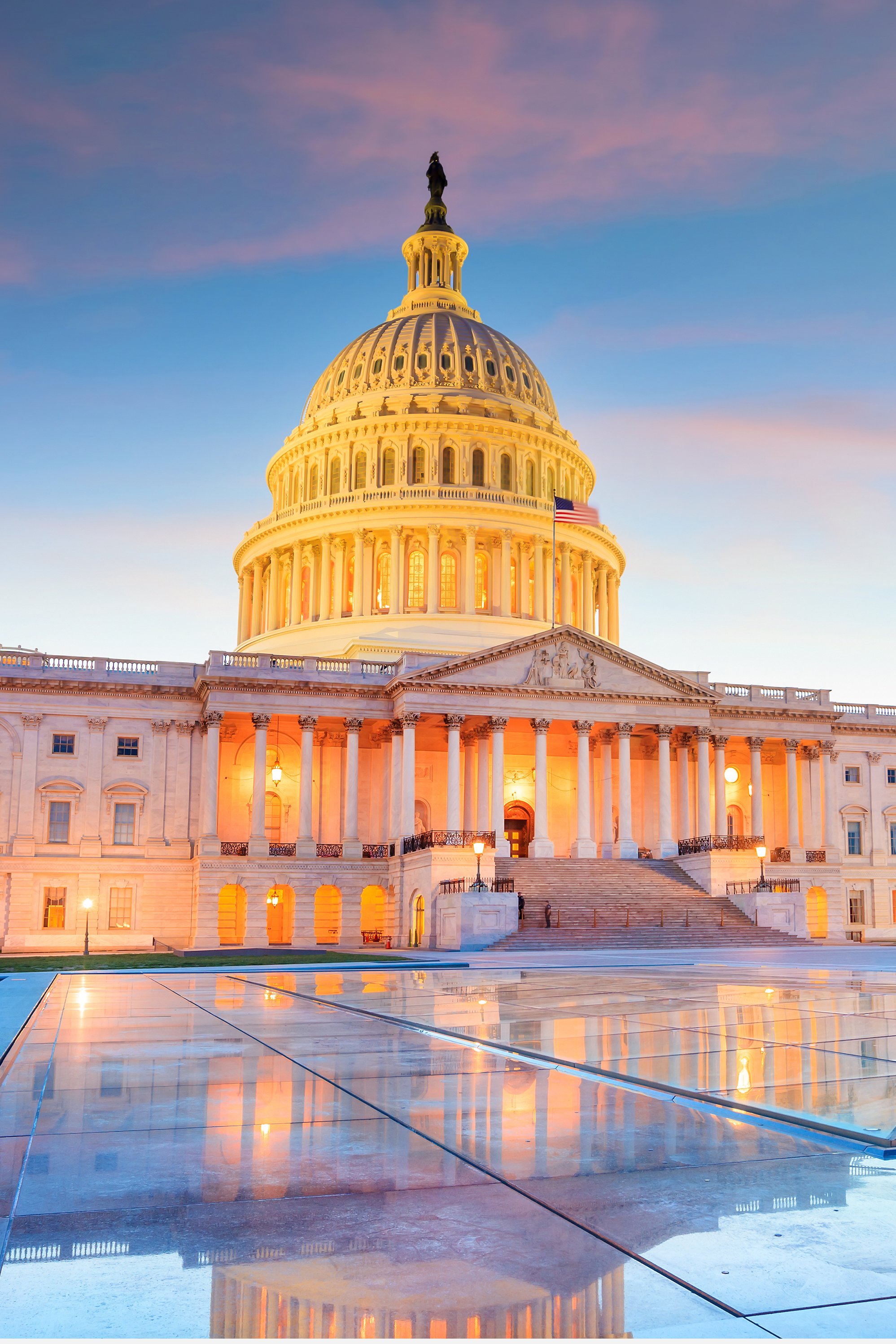
Technology + Privacy
We’re dedicated to navigating the complex intersection of technology and privacy. With deep expertise in emerging technologies, data protection policies, and regulatory compliance, our operatives help clients engage effectively with policymakers, stakeholders, and the public. Our strategic counsel is designed to address evolving privacy challenges while promoting innovation and trust in the digital age.
-
DEI & EDUCATION MEMORANDUM
In early 2025, the administration launched a comprehensive transformation of federal policy through two interconnected waves of executive orders targeting diversity, equity, and inclusion (DEI) programs and education reform. The first wave, issued in January, comprised seven executive orders that fundamentally restructured federal DEI policies—beginning with the rescission of 78 Biden-era executive orders, establishing new standards for biological sex recognition, eliminating DEI programs across federal agencies, reforming hiring practices, modifying aviation safety protocols, restructuring federal contracting, and transforming military personnel policies. This was followed by a second wave of seven education-focused executive orders from late January through March, which expanded school choice initiatives, eliminated "radical indoctrination" in K-12 education, strengthened anti-Semitism measures, established biological sex-based sports participation rules, ended school vaccine mandates, reformed student loan forgiveness, and initiated the process to dismantle the Department of Education. Together, these fourteen executive orders represent a significant reformation of federal policy, fundamentally changing how the federal government approaches diversity, education, and merit-based systems. This document outlines the timeline, key provisions, and broader implications of these sweeping changes to federal policy.
-
FEDERAL AND STATE PRIVACY LANDSCAPE
On June 23, the American Data Privacy and Protection Act was passed by voice vote in a House Energy and Commerce Subcommittee markup, and next moves to a full Committee markup. Senator Maria Cantwell (D-WA) remains adamantly (and vocally) opposed to the bill, although House members have expressed some hope that they can bring her onboard with some work and negotiations over the July 4 recess. Cantwell remains concerned that the bill does not have strong enough enforcement mechanisms, particularly in light of the Supreme Court decision in Dobbs v. Jackson Women's Health Organization. More on those implications below.
-
BROOKINGS DISCUSSION OF US-CHINA RELATIONS FT. NSC'S TARUN CHHABRA
On Friday, September 30, the Brookings Institute hosted a discussion between Chris Meserole of the Strobe Talbott Center for Security, Strategy, and Technology and National Security Council (NSC) Senior Director for Technology and National Security Tarun Chhabra. The discussion highlighted the Biden administration’s approach to US-China relations “through the lens of technology competition.”
-
HUDSON INSTITUTE DISCUSSION ON BIG TECH REGULATION FT. FTC'S NOAH PHILLIPS
On Thursday, October 6, the Hudson Institute hosted a discussion between Harold Furchtgott-Roth of the Center for the Economics of the Internet at the Hudson Institute and Federal Trade Commission (FTC) Commissioner Noah Phillips. The discussion centered around the regulation of technology and technology companies at the FTC.
Our Technology + Privacy Policy Team
-

JOHN GRAY
Principal
-

LAINE STRIEGEL
Principal
-

HAILEY WOMER
Director of Research
-

LUKE MIDURA
Associate
